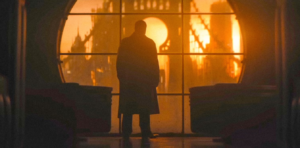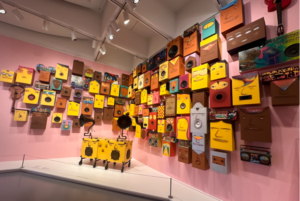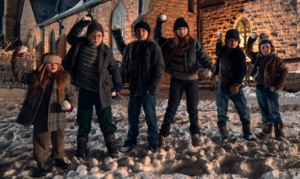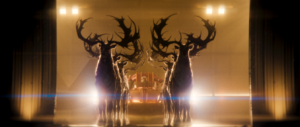The Laramie Project
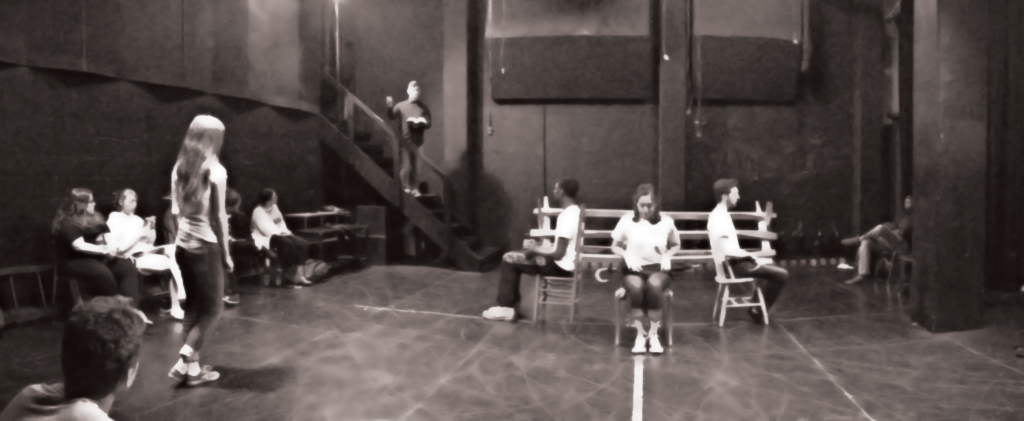
By Maria Rodriguez
The Tower sat down with Dani Ebbin, a junior Musical Theater major and the artistic director for CenterStage. We asked her a few questions about their upcoming production of The Laramie Project, playing next Friday, November 13 through Sunday, November 15.
Tower: Can you start off by telling us a little about CenterStage?
Dani Ebbin: CenterStage is the student-run theater organization on campus. We like to say it’s theater from the students, by the students and for the students…Everything from getting our budgets to putting up the lights and the scenery and our actors and directors, everything is student-run.
Tell us a little bit about what you (as artistic director) want to do for the season? Does the artistic vision change from director to director?
Dani: I…sat down and was kind of thinking, what do we really want to sing, what do we really want to dance to, you know. It was more about the message.
After all of these tragic events especially had been coming to the forefront with Ferguson and the police brutality, just hate crimes of all kind. We kind of sat down and how can the student body comment on something that’s so much bigger than ourselves and that is affecting everyone’s lives and how can we contribute to a dialogue that’s so important?
And so that’s kind of where we came up with The Laramie Project and Urinetown the Musical which are both extremely different but both comment on social justice and the human condition and how they react to tragedy. You get to see the good, bad, and the ugly in both shows.
In Laramie it’s a little bit darker; it’s more in your face. It’s a straight play.
Urinetown the Musical is a little bit more dark comedy. It was actually written after 9/11, and it was written as a form of escape for the people of New York to go and kind of laugh but also realize that these are real issues that we are all dealing with.
I think it was important for me this year for CenterStage to really think what we can do to be a part of the world of human beings, humanitarians, activists. I think we’re called to a higher standard.
Where do you think this focus on social justice comes from? What are your influences? Does CUA play a role?
Dani: It also comes from my background and growing up here and being very socially aware and I think, for me personally, that is why I do theater. I think that’s why I was so passionate in making sure CenterStage was saying more than just “look at us we’re a student org and we’re so talented and we’re having fun!”
We don’t really see these types of shows being put on by the University. Why did you decide to pursue a social justice message in your performances?
Dani: I think for me I wanted to push the envelope and I was anxious to see if someone was going to say we couldn’t do The Laramie Project.
The show is about a college student, Matthew Shephard, who was kidnapped, beaten, and left to die on a fence because he was gay. They later classified his murder as a hate crime.
Yes, he is gay, and yes there is a little bit of content about him being homosexual. I think this is a vehicle to say more than just he’s gay.
Unfortunately now it’s happening. People are being killed just for the way that they look. Whatever side you take, whether you think about this, it’s important to have this dialogue, to see this and see both sides of the story.
So why did you choose Laramie specifically?
Dani: I talked to the director, John Seeger, who’s a senior Musical Theater Major.
He says this all the time; he says he can’t wait for The Laramie Project to be just a historical play and a historical event and not so close to our reality.
And I have to agree with him. The event took place in October 1998 and here we are in October 2015 and it’s still happening. I think that’s why we did it and why we’ve chosen this piece. I think it’s just extraordinary.
Are you going to continue on as Artistic Director at CenterStage?
Dani: You know so far I’ve really enjoyed it. I’ve been getting that question a lot because normally it is a senior who takes this on. I don’t see myself not doing this senior year. I think when I came to this school this was something I was automatically so passionate about because I knew that this was my outlet.
I don’t’ think I could step back my senior year. I would never want to take a step back I think I would want to keep pushing forward and seeing it thorough until I graduate.


